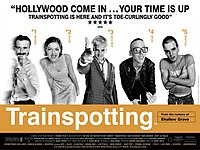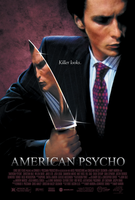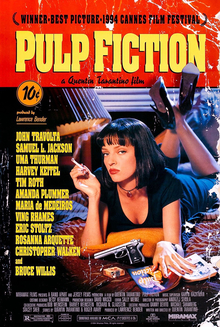Lists
















9 Books, 7 Authors
Books
Sort by:
Recent Desc
More lists by nikos3194



Movies
List includes: American History X, Trainspotting, American Psycho
February 2023
0
N
@nikos3194


Games
List includes: off, Yume Nikki
February 2023
0
N
@nikos3194



Series
List includes: Family Guy, Breaking Bad, Gravity Falls
February 2023
0
N
@nikos3194



Anime
List includes: Pulp Fiction, Toradora!, Cowboy Bebop
February 2023
1
N
@nikos3194


Favs
List includes: Hatsune Miku, Touhou Voice Drama Project: Marisa and Alice's Cookie Kiss
February 2023
0
N
@nikos3194